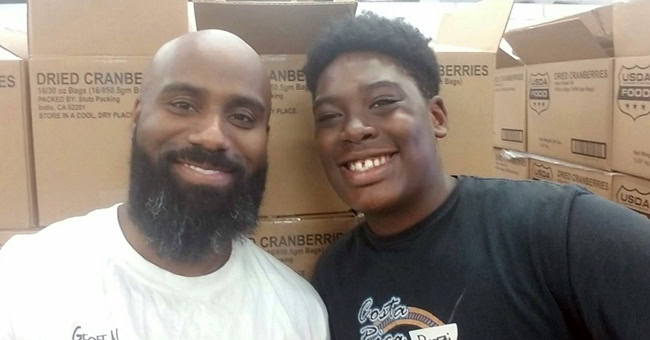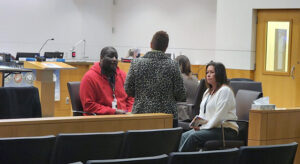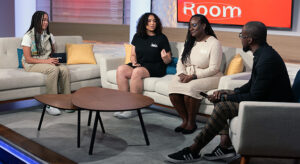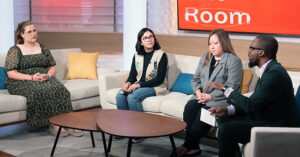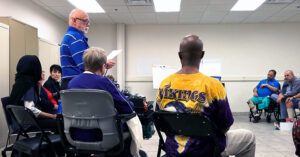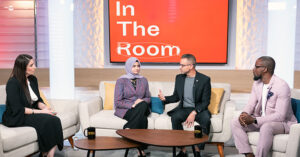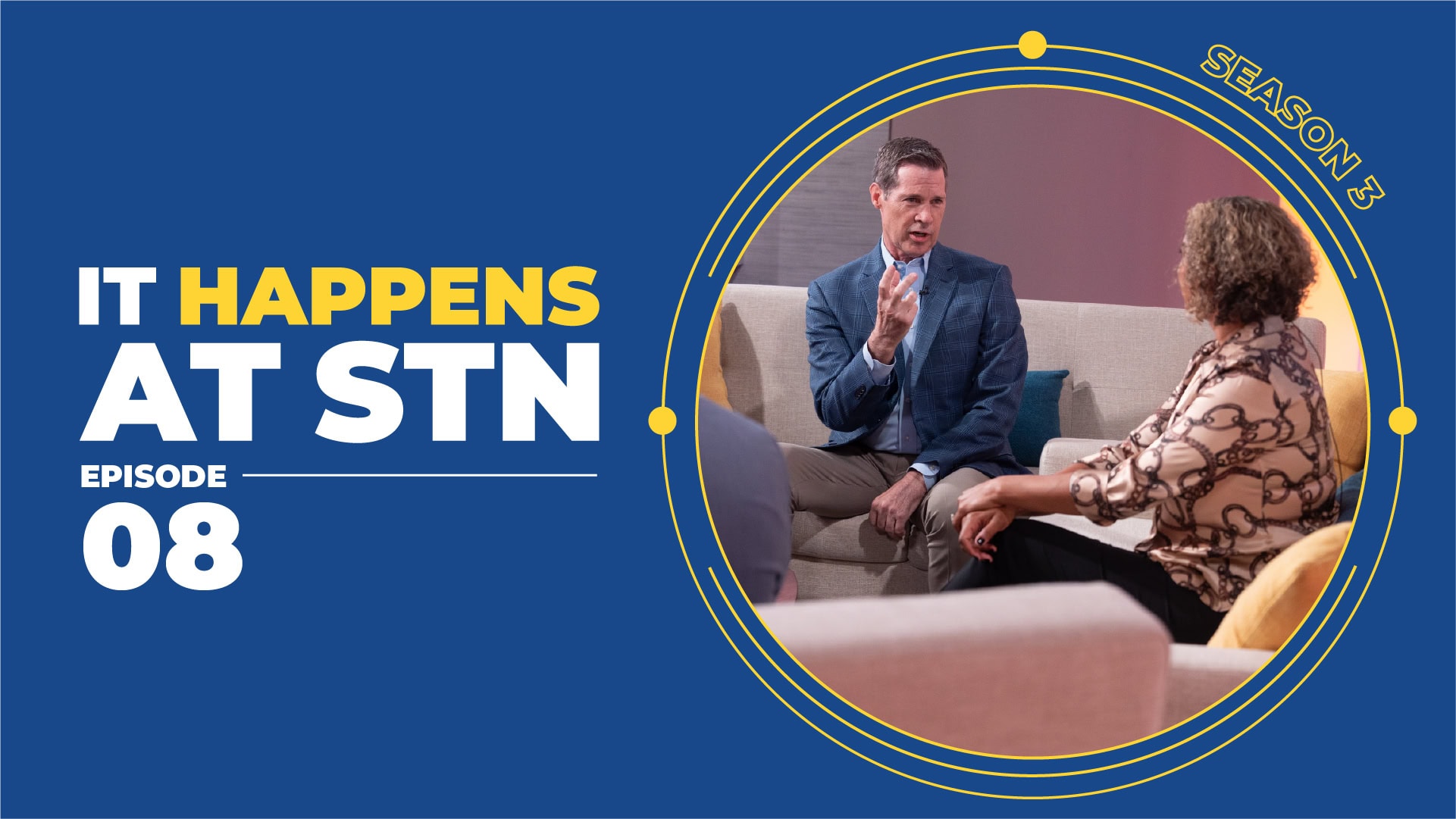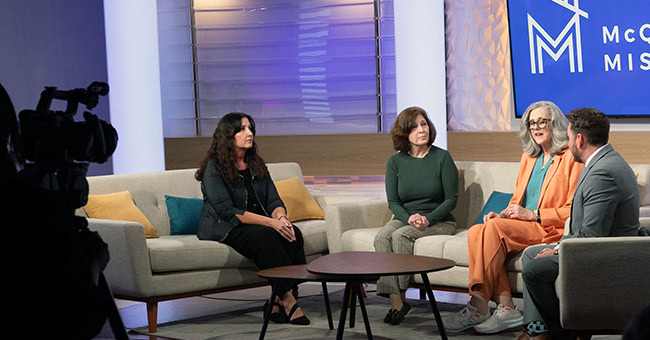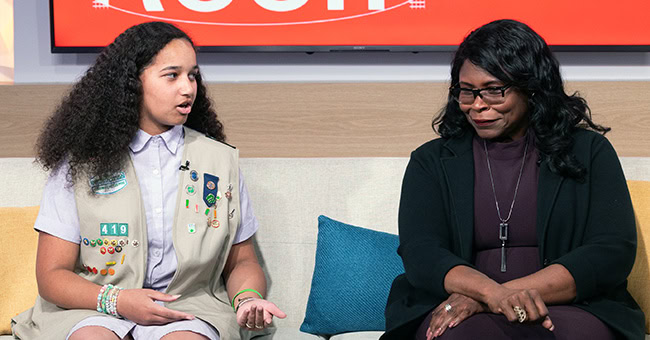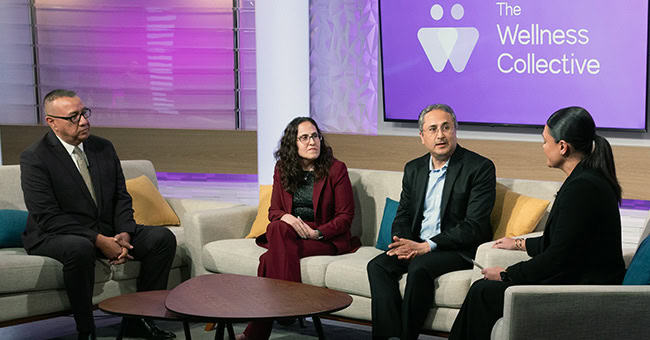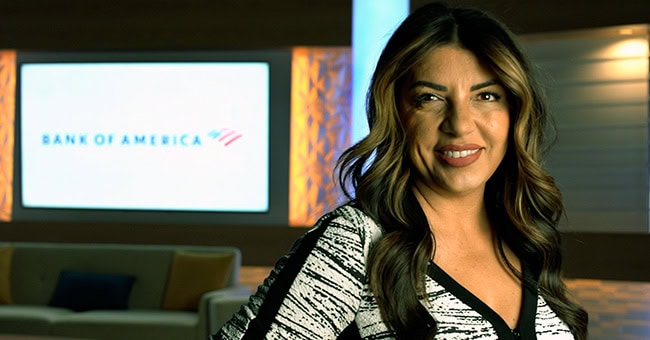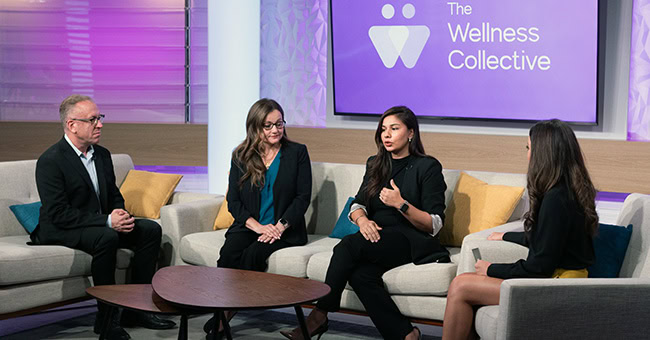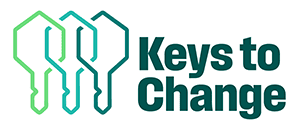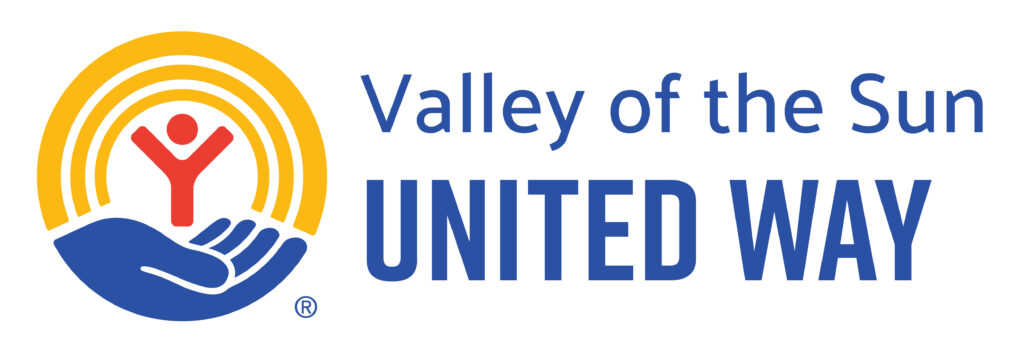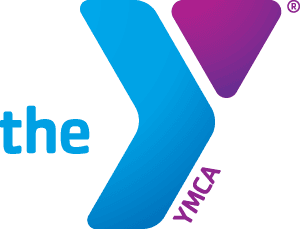PHOENIX (STN) – According to a recent report from the U.S. Department of Health and Human Services, half of the young people in the country have dealt with mental health disorders at one point in their lives.
Those mental health disorders can include anxiety disorders, post-traumatic stress disorder, obsessive-compulsive disorder, and phobias. The symptoms and effects of mental health disorders on teens range from a loss of interest to low energy, problems with sleeping and eating, along with a host of other negative issues.
“I think all of us can agree that youth are facing unprecedented challenges,” said Jessica Whitney, the vice president of development and marketing for Big Brothers Big Sisters of Central Arizona. “Anxiety, [and] depression rates are spiking for teens. They’re up against substance abuse, [and] bullying. The list goes on and on.”
Whitney and most advocates for youth mental health, including the DHHS, agree that well-meaning and stable mentorship can be key to helping teens and young adults navigate the pitfalls that can accompany struggles with mental health.
“They want to feel seen, they want to be heard, and they need someone in their corner who’s willing to listen,” she said. “That’s why mentorship is so critical right now.”
Watch the full In the Room action panel:
Whitney’s comments came during a panel discussion for the May 2024 episode of “It Happens at STN.”
She was joined on stage by Big Brother of the Year Geoffrey Nail and Kennadi Gramlich from Girl Scouts–Arizona Cactus-Pine.
“It’s important to understand that we all have gifts, we all have our wisdom, we all have experiences that we had that we can share with others,” Nail said of his experience as a mentor. “If you can pass that down, that’s a great tool to share with the youth.”
Gramlich, who has grown into a mentorship role as a media ambassador for the Girl Scouts, said her perspective from a younger person helps her better understand the positive influence mentors can have.
“Kids really listen and learn from who they’re around and I feel like helping them and being a good example for them just makes them better.”
She added that the experience of helping other young people helps her be a better person too. “The impact that it makes on them makes me feel like a better person as a whole.”
Recently, Big Brothers Big Sisters has taken steps with their mentorship programs aimed at recruiting more people like Nail, specifically men, to get involved in the lives of boys.
“The issue is that there is never enough men like Geoffrey out there to address the need of the boys that we have in our community,” Whitney said.
To address the shortage, Big Brothers Big Sisters launched a nationwide family matching program that allowed couples (in a committed relationship) or families to mentor little brothers.
“It’s kind of a win-win,” Whitney explained. “You get your kids involved in volunteerism and also the little brother gets to experience new perspectives and experiences that he wouldn’t normally get to do.”
Nail said that getting started is the key, no matter their background or what they think they may or may not have to offer a young person through mentorship.
“A lot of times we want to wait until we see ourselves as the perfect iteration to be a mentor to jump into a position like this,” he concluded. “I learned more through this program than I would have if I had waited. It allowed me to develop as a man, as a mentor, even in my professional career. It’s intangible in terms of the value that I’ve received.”
To learn more about being a Big Brother or a Big Sister, click here.


